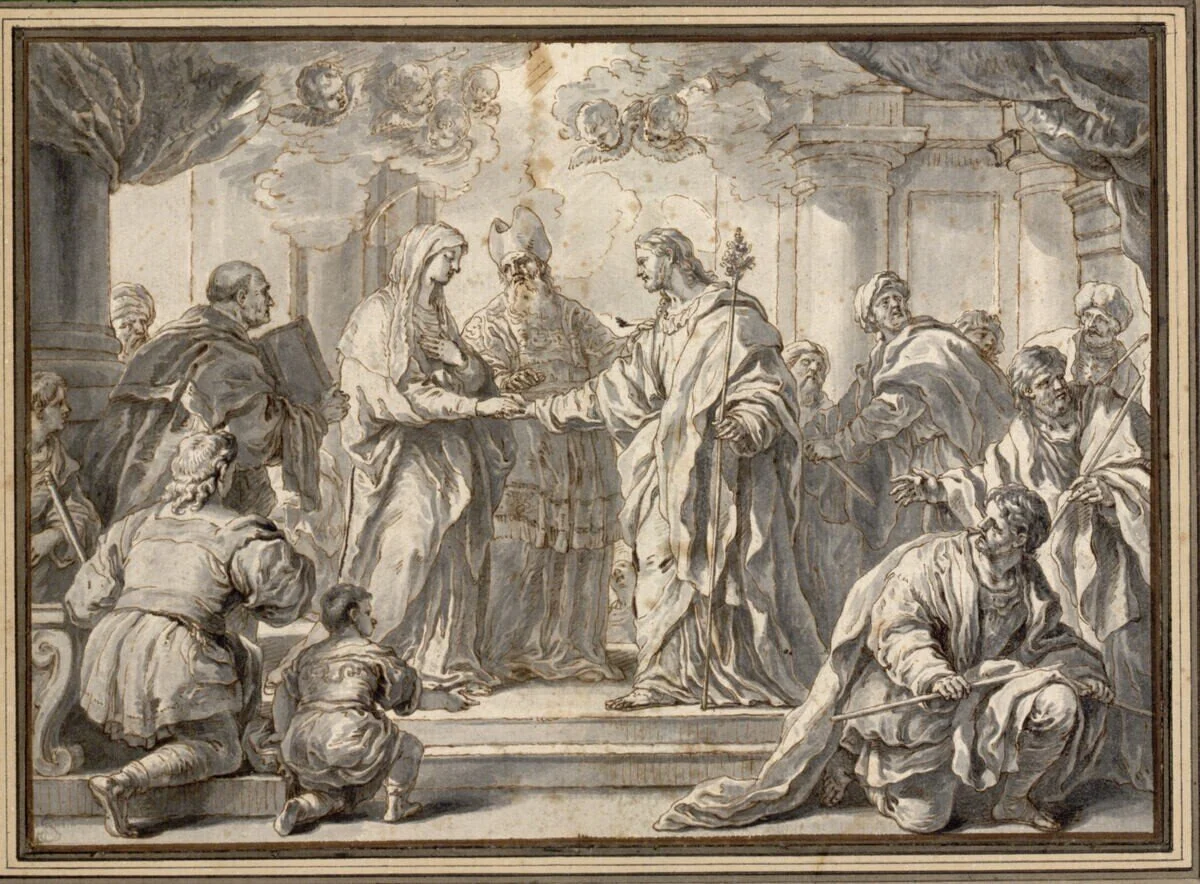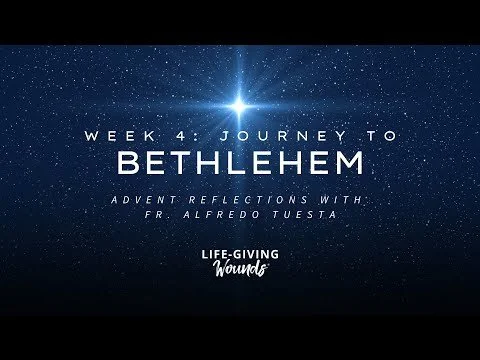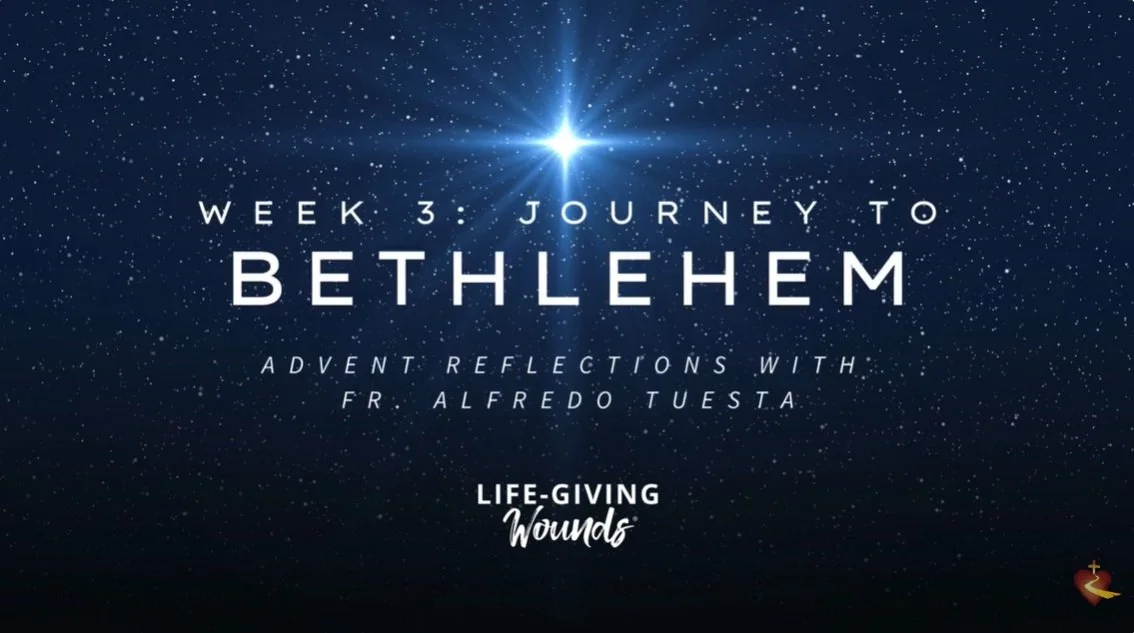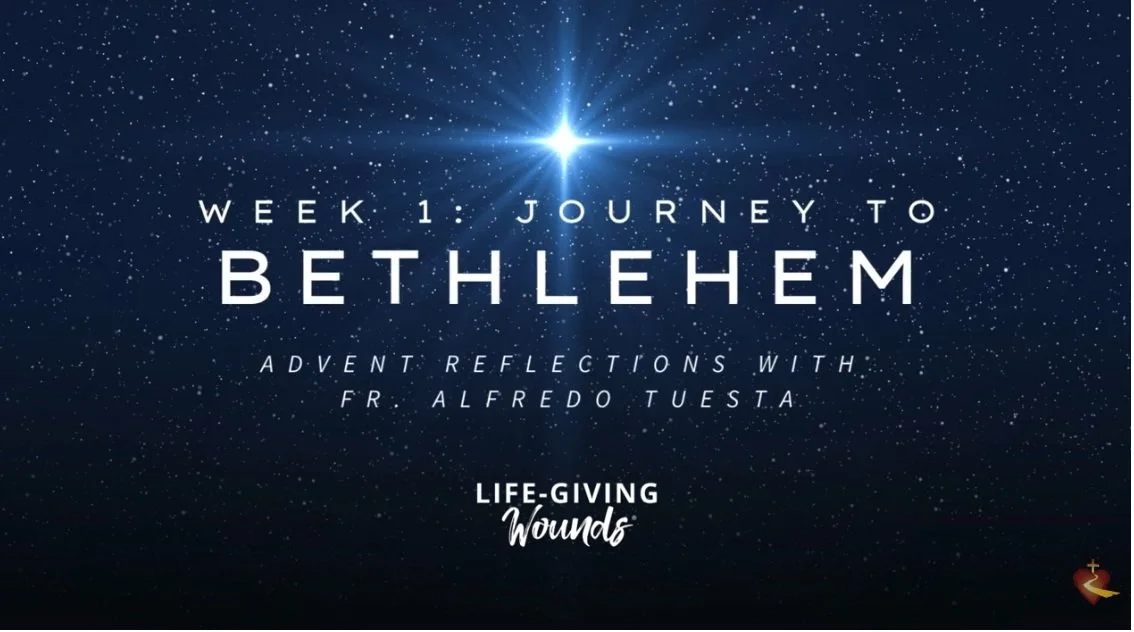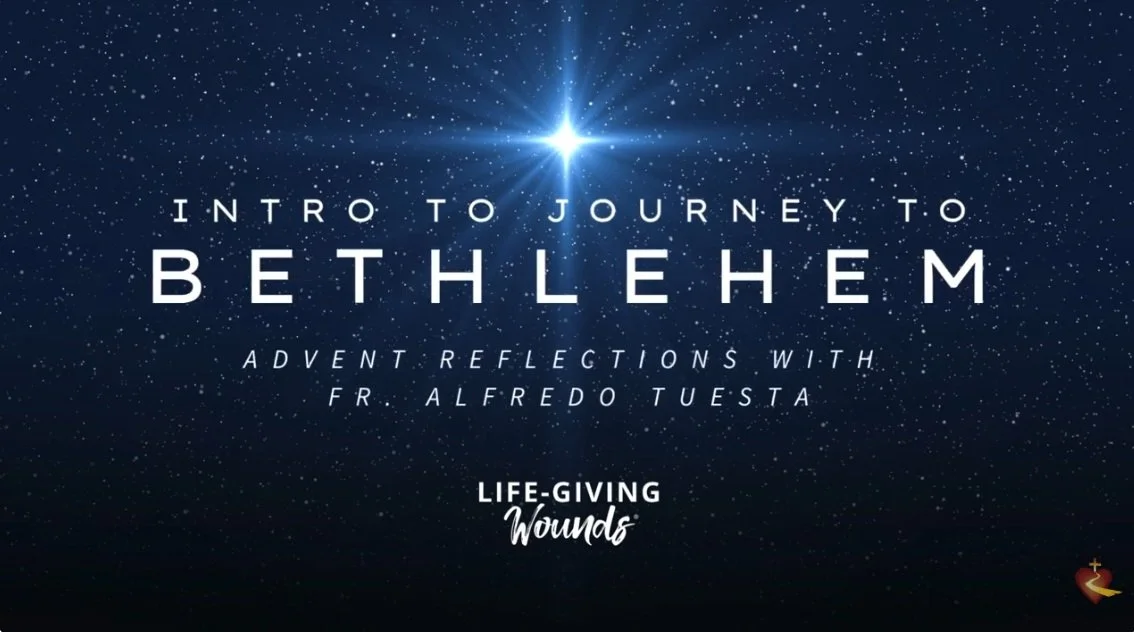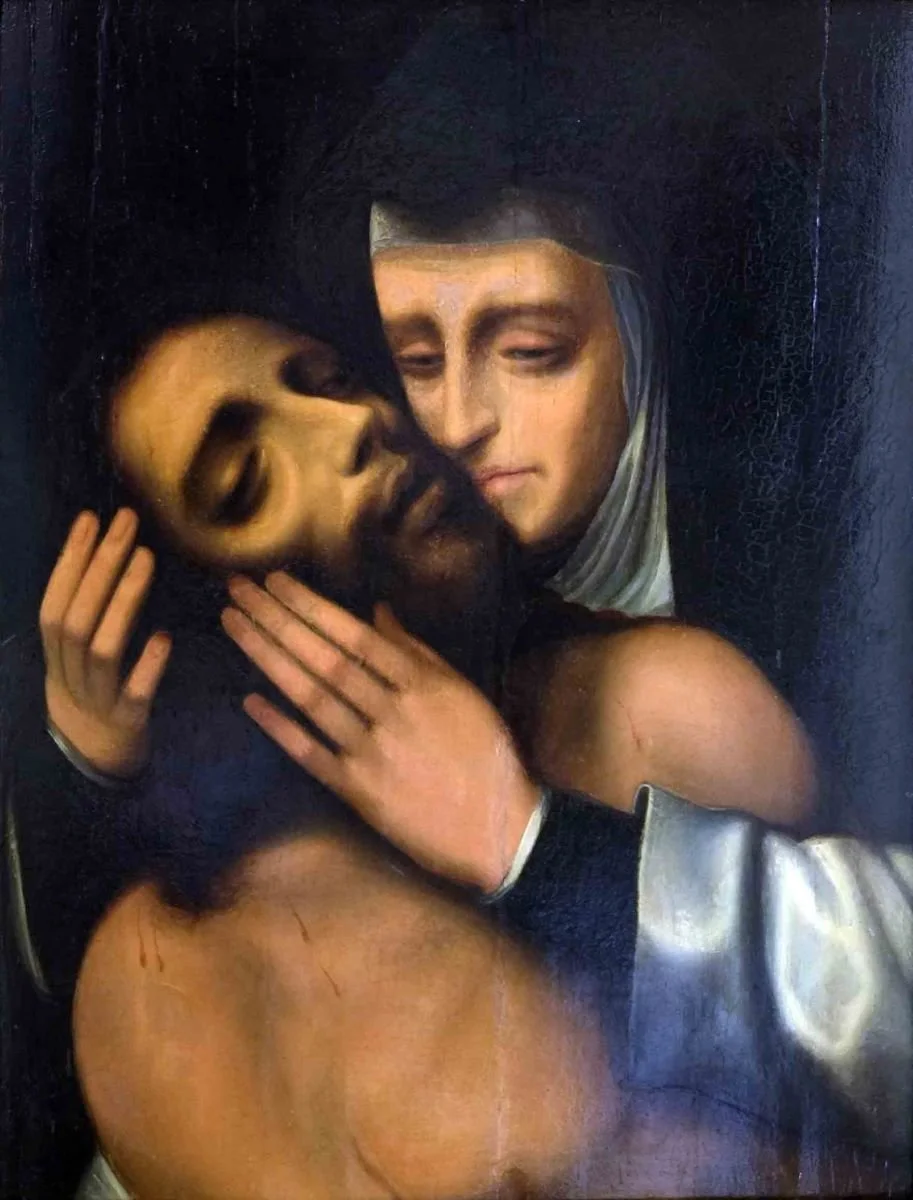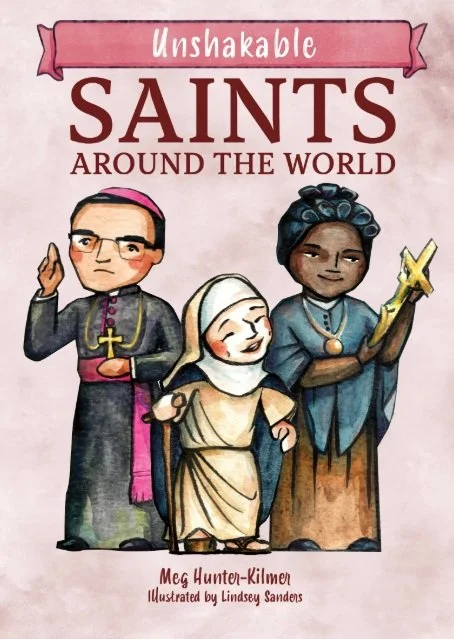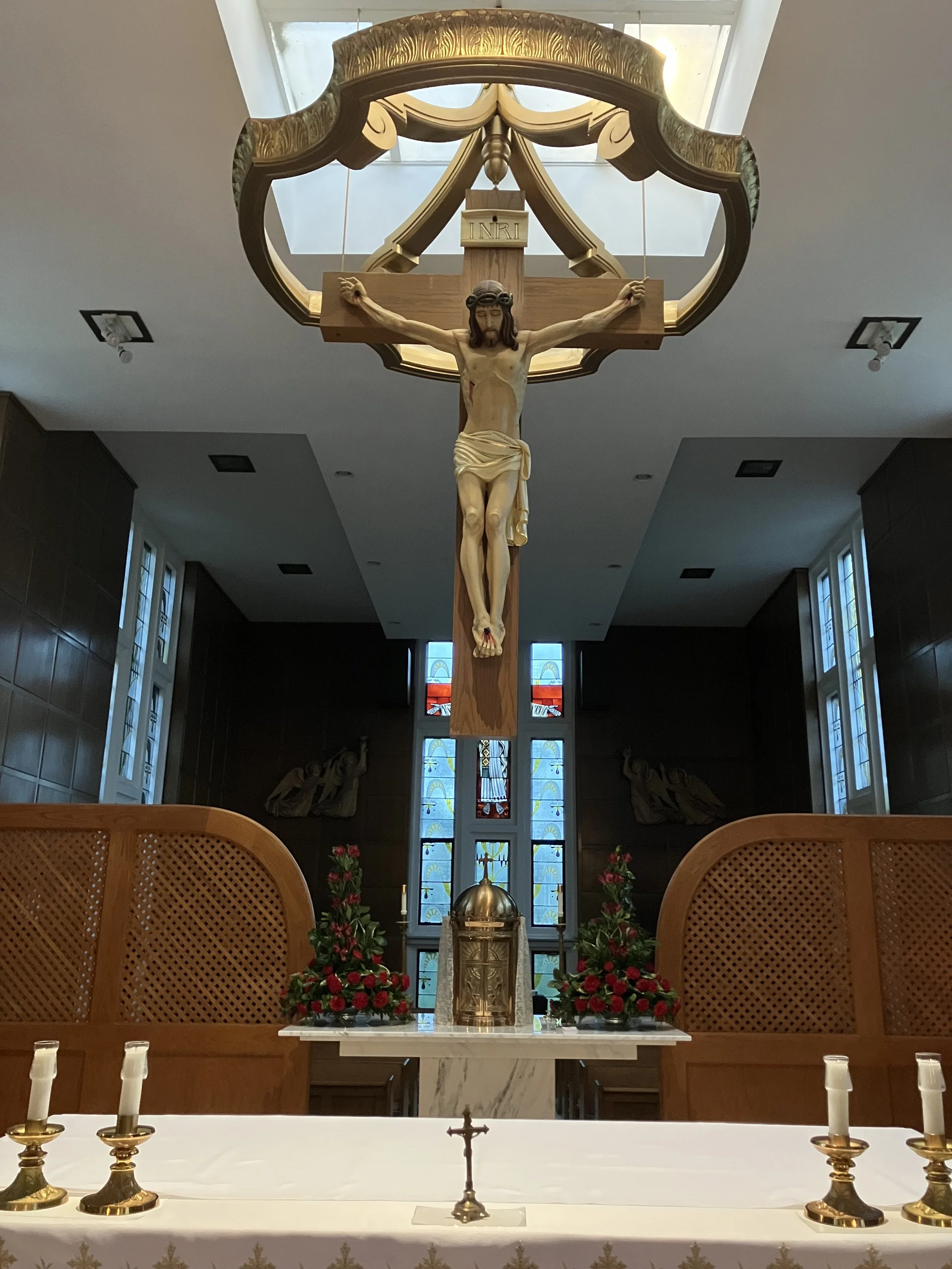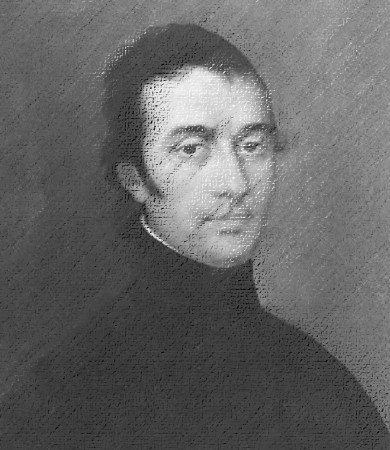
Life-Giving Wounds Blog
Poetry | Art | Music | Blog Search Index
Welcome to the Life-Giving Wounds blog!
Our blog annually releases 30+ posts. We already feature 170+ posts from 60+ authors, who are adult children of divorce themselves, experts in psychology or healing, or both, writing from the Catholic perspective as an expression of their journey of faith and healing. We invite you to browse our library or, if you’re looking for something specific, hop over to our index page where you can find a complete list of categories, tags, and authors. The index also has a search function and a complete list of blog posts arranged chronologically.
Want to get the latest blog post in your email inbox? Sign up for our newsletter (and choose "blog posts" from among the newsletter options) and you will automatically get it.
P.S. Want to write for us? Drop us a line!
FEATURED
LATEST BLOGS
Dating as an ACOD and as a 32 Year Old Hopeful
I had a priest friend of mine walk up to me and say “I’ve been praying for your future husband!” Immediately, I started to tear up. “Don’t do that. You are wasting your time,” I snapped. The sentiment meant so much to me, but I was struggling in that moment with my desire. The path to get there has not been easy, making it feel utterly impossible at times.
Let Joy Rise! A Reflection on the Nativity of Our Lord
At this Christ-moment, as we wait for the infant Jesus to be born in the mangers of our hearts, let the love of the Father, the Son and the Holy Spirit fill you—LET THE JOY RISE! Put aside whatever inflicts you; LET THE JOY RISE! We are the Body of Christ! Praise the Lord! LET THE JOY RISE AND OVERFLOW!
Advent 2025: Fourth Sunday of Advent Reflection
What does this mean for the adult child of divorce? Jesus’ human parents...certainly did not experience the pain of divorce...If He experiences all that we experience, how can He truly know my pain? I think the answer lies in chapter 40 of Isaiah: in the all-knowing otherness of Almighty God. He who created the universe and foresaw everything...also created and foresaw me.
Advent 2025: Third Sunday of Advent Reflection
In this third Sunday of Advent, Gaudate Sunday, we are invited to welcome the joy of belonging to God’s family. While the wounds in our family may be a source of division and sadness, Jesus comes to bring us into a new family, the family of God. We are invited to celebrate the coming of Jesus and the joy He offers to each of us, the joy of being beloved sons and daughters.
Advent 2025: First Sunday of Advent Reflection
The flood of emotions—the fear, the anxiety, the distrust, the silence, the ache of not belonging, everything—can feel like reason enough to build walls around our hearts. These walls may be built of self-protection, hardness, or numbness. But, these walls do more than just shield us from those who may have caused harm. They harden our hearts and shut out our Lord and Savior, Jesus Christ, who wants nothing more than to enter in, heal, and be one with us.
Advent 2025: Introduction of Advent Reflection
As our hearts were warped by the tragedy of divorce, and the wounds that compounded afterwards, Fr. Alfredo’s message reminds us that the Word can come into our hearts and provide new life.
The Room of My Father’s House
Every time I would go back to that house...I would silently walk into my old closet. I would spend some time there staring at all of my clothes which seemed to shrink as the years passed. ...At some point, however, it became glaringly obvious that I would never fit into those clothes again. My closet became a time capsule, a glimpse into a life that I once lived.
Having a Devotion to Our Lady of Sorrows as an ACOD
The Seven Sorrows Rosary is a chaplet prayer that commemorates the seven sorrows of Mary. Each sequence on a seven sorrows rosary has seven beads instead of ten, and there are seven sets of beads... Throughout the devotion we meditate on the maternal sorrows and sufferings of Mary that she lived through as the Mother of God. This is a devotion that I would highly recommend as an ACOD.
Restoring My Attachment to the Father
Eventually, I found myself at a Blessed is She retreat in which Father John Burns shared a stunning Scriptural message of our Heavenly Father’s love…. Receiving the words he spoke proved to be a pivotal moment in my life.
Divorce Disrupts The Very Being of Children Who Experience It
In a recent study put out by the Center for Economic Studies, data shows that children of divorced parents have an elevated risk of jail time, elevated risk of mortality, increased risk of teen birth, and reduced adult earnings...This study marks a milestone in our scientific community’s recognition of divorce as a trauma...and is a great piece of scientific leverage for our ministry to stand on.
Unshakable
...I was excited to receive a request from Life Giving Wounds to write a book review for Unshakable Saints Around the World... Since I had received so much healing from children’s books already, it made sense to me that a children’s book of Saints would be wonderful for ACODs, both for personal healing, as well as it means for sharing that healing with the children in our lives.
Torn Asunder: Union with Jesus Crucified as a Child of Divorce
As children of divorce, we did not choose our parents’ separation in the way that a missionary volunteers to go on mission. However, if we choose to embrace our union with Jesus in being torn asunder, then we can begin to experience “the pain of that separation” as a kind of “personal vocation.” In union with Jesus crucified, the pain of being torn asunder can be transfigured.
Healing from a Rejection as an ACOD
Experiencing rejection from someone you really like, and feel a connection to, is always a painful experience. For an adult child of divorce (ACOD), it can be painful and challenging in a whole other light. I am speaking from personal experience due to a rejection that I experienced recently. I know I am not alone in this. While living in Spain, I met and began talking to and getting to know a Spanish man. He and I shared the same Catholic faith and the same values. We talked so easily and could speak each other’s languages. I sensed no red flags and felt at peace and hopeful about discerning a dating relationship that I could see coming. I believe that he did, too. I began to feel a connection early on, but, alas, before too much time, he rejected me, with the only reason being that I was a foreigner: I am an American of Mexican heritage.
Redemptive Suffering and Resurrection Joy
Our suffering—our wounds—are now no longer meaningless or purely negative; they are also sources of grace and points of intimacy with God. Christ is waiting in our wounds, to show us His particular love for us, in wounds that only He and I share. “The Sacred Heart desires other hearts that are pierced by suffering that he can pour himself into.” (Jacques Philipe, Time for God) In my particular vocation, I am married to Christ, and he is my suffering Spouse. He is nailed to one side of the Cross and I am nailed to the other. That cross in our marriage bed. But this can apply to all souls, because we are all called to union with Christ and have unique wounds that we only share with Christ.
Lights in the Darkness, Silent Witness, and Fire & Water: Our Grandparents
In 2021, Pope Francis established the celebration of the World Day for Grandparents and Elderly, which is the fourth Sunday of July. In 2025, we decided to do something special in preparation for that, and to honor our grandparents along the way.
We asked Adult Children of Divorce or Separation to help us create a series of collaborative blog posts, poems, and/or artwork which showcase the role their grandparents played in their lives, and how they have aided in the healing journey as children of divorce grow into adulthood. We want to ennoble them with the important role they play in their grandchildren's lives.
The Fear in Dating and Finding Healing in Singleness as an ACOD
For adult children of divorce, a fear of dating, relationships, and the thought of marriage one day can be very real. As ACODs, we have been profoundly wounded by relationships and marriage. We saw what was meant to last instead fall apart. We were robbed of our need and right to be raised by both of our parents together in the same house, to bear an image and example to us of agape love, which is the kind of love that God has for us. The sacrament of holy matrimony is good, beautiful, and holy. Marriage and family life must follow the vows, which is God’s design and plan for marriage and family life. As children of divorce or separation, we saw distortions of the truth and something beautiful and good turned ugly and undesirable.
Ministering to Teens with Divorced Parents: Some Unique Challenges and Guidance
There are some unique challenges when it comes to ministering to teens from broken homes. Of course, any ongoing situations of abuse or harm must be reported to appropriate authorities—make sure your church or group has mandatory reporting and training in place to keep minors safe! However, there are many layers of the divorce wound that may not be the kind of thing you can or should report to Child Protective Services (CPS). In these cases, awareness and practical pastoral guidance for these teens is best. Below, I want to outline some of the unique challenges faced by teen children of divorce or separation (TCODs):
The Shadowed House
Yet there in some cold, darkened room,
A Presence, which wasn’t yet known,
Whose power could pierce through the gloom
All those fears he could rend
That poor heart he would mend
If only his beauty be shown.
The Father’s House
My adolescent life was a playground swing.
Back and forth:
Between Mom
And
Between Dad.
I never knew where to go, nor where I belonged.
I didn’t know where home was, for I couldn’t be close to them both.
St. Eugène de Mazenod: The Patron Saint of Dysfunctional Families
I have often wondered why, in the long history of the Church, we do not hear more often about saints who lived through difficult family situations. Surely there were plenty, but it is not usually the aspect of their lives that we hear about. And so learning of St. Eugene’s life, and reading through his letters, I found myself grateful to know that I had a friend in heaven who understands my particular pain. Even someone who lived in the 18th and 19th centuries, such as Eugene, experienced similar trials and emotions that we do in the 21st century.

